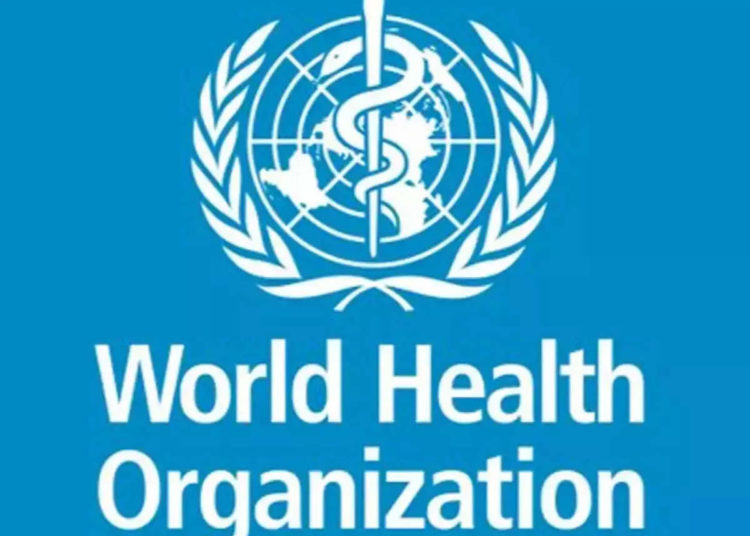World Health Organisation (WHO) has said only 47 of 100,000 persons vaccinated for Human Papilloma Virus (HPV) may develop adverse effects due to the immunization.
The Benue State coordinator of WHO, Dr Mohammed Abdulkarim, disclosed this yesterday during an interactive session with the media in Makurdi, the state capital.
He said 78 percent of the 47 serious events clearly indicated that the chances of having adverse events after vaccination are very low.
Abdulkarim in a presentation during the media orientation and sensitisation on Human Papilloma Virus (HPV) also advised partners to ensure that in carrying out any health plan, the following seven cardinal point that must be put into cognisance which includes to accept and involve the public, to plan carefully and evaluate your efforts, to listen to the public specific concerns, be honest, frank and open, work on the other credible sources, meet the needs of the media and as well speak clearly and with compassion
Also, a consultant with WHO, Dr. Winifred Onadu, in her presentation, said the Human PapillomaVirus Vaccination which is inadequate will be given to only female children between the ages of nine and 14 years for now because of their vulnerability.
She called on parents to maximise the rare opportunity and bring out their female children for vaccination, especially now that it is free, adding that before now a dosage of human papilloma virus was N65,000.
In a remark, the director of Disease Control and Immunisation, Primary Healthcare Board, Joseph Korave, saidt the aim of engaging the media was to enable the practitioners enlighten the public on the Introduction of the Human Papilloma virus to do away with the myths, misconceptions and misrepresentation about vaccine.
He said 952 teams were on ground to carry out the vaccination across the 23 local government areas of the state which would be flagged off on 24th October.
According to him, “ Our target of vaccination is children between the ages of nine and 14 years which will also include out-of-school children, children with disabilities and those living in the Internally Displaced Persons (IDPs’) camps across the state.”





